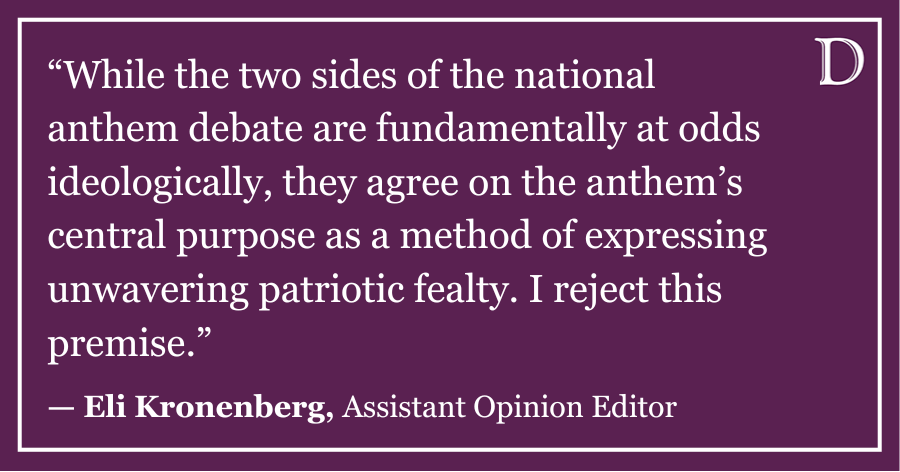To many, Fisher v. University of Texas at Austin sounds absurd. A relatively well-to-do white woman sued the state school for being denied admission in an immature fit of righteous indignation. Comments abound about her unspectacular (good, just not spectacular) grades and, you know, the fact that she’s 23 and already has a job as a financial analyst. It seems even worse: “University officials claim in court filings that even if Fisher received points for her race and every other personal achievement factor, the letter she received in the mail still would have said no,” ProPublica reported March 18.
Fisher’s case has been ridiculed as a conservative hijacking of a typical complaint about college admissions in order to roll back years of social progress. I’m skeptical of such a convenient narrative with clear-cut good guys and bad guys. That sort of thing doesn’t usually exist in reality, and both sides’ claims probably have some merit.
In “The Righteous Mind,” Jonathan Haidt suggests that fairness – rather than being a single set of coherent notions – comes in two flavors: liberal blue and conservative red. He calls the blue flavor “equality,” which speaks for itself, and the red flavor “proportionality,” meaning that fairness is determined based on what one contributes and does not try to correct for adverse circumstances. To draw a caricature, a white man born to upper-class parents isn’t obligated to pay for the misfortunes of a black woman born into poverty because he himself did not do anything to cause them. The traditional conservative opposition to welfare and progressive taxation reflects this standard. Everyone values both flavors to some extent, but given that our university is predominantly liberal, the red flavor often seems like foreign cuisine that’s strange at best and downright inedible at worst. Therefore, at NU, students end up ignoring it altogether, even if they agree with it in part.
When it comes to affirmative action, the exotic dish that many of us are holding our noses and sticking out our tongues at is exactly Haidt’s notion of fairness as proportionality. It’s obviously true that many minorities do not have anywhere near the equal opportunities to succeed in life. Many of us think that that’s the end of the debate, and that equalizing is necessary. That, however, is a product of only reading fairness by one metric. By the other metric, some of that inequality is permissible in order to serve a higher value.
As students, we tend to take the liberal position for granted and balk at how anybody like our white dude up there could be so selfish. In doing so we neglect an entire philosophical standpoint and pretend only one measure of fairness exists. Fisher v. University of Texas at Austin is not going away. It has been sent back to the lower courts and raises enduring questions about affirmative action in college admissions. Let’s use it as an opportunity to consider the two flavors of fairness — whether a balance can be struck between bad guys and good guys, liberal blue and conservative red, equality and proportionality.
Julian Caracotsios is a rising Weinberg senior. He can be reached at juliancaracotsios@u.



























